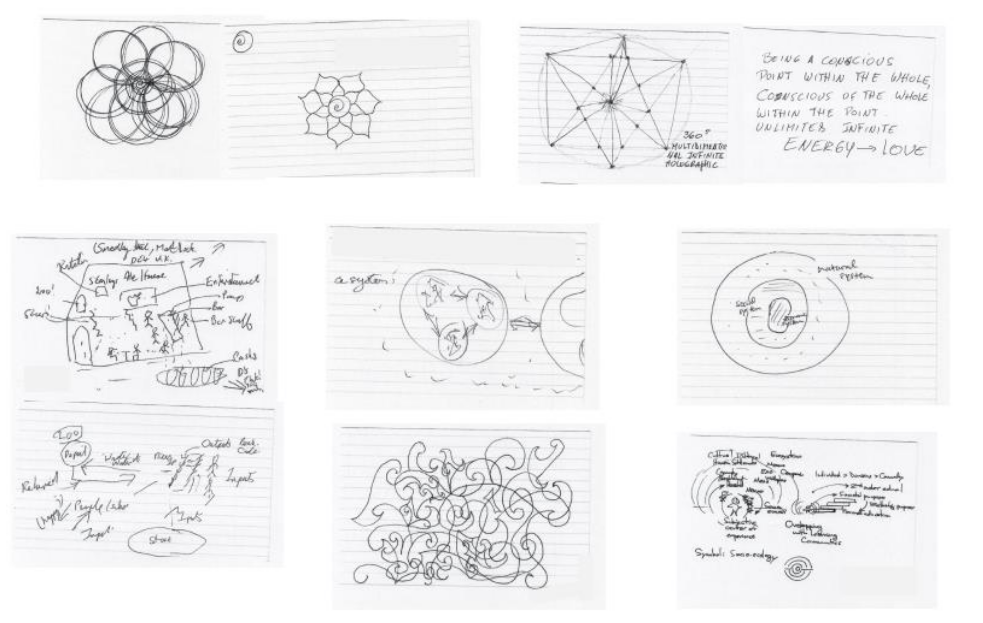Pattern languages are both a simple and complex concept. Since its invention by architect Christopher Alexander, the concept has expanded and been used in several domains (software design, group facilitation, pedagogy, …) . I wrote previously about the potential of pattern language as a tool for conscious systems design (Permaculture Patterning, a design framework for systemic transformation). Today, I present key takeaways from researcher Helene Finidori’s latest work on pattern languages. Helene discuss Pattern Literacy as a way to support of Systems Literacy. Her paper is very interesting but very dense, so I took out key take aways about the use of pattern language as a tool for group alignement and cooperation and collective intelligence.
Continue reading “Pattern languages as a tool for group alignment”
The importance of vision for systemic change
How do we act on complex systems to induce positive changes ? Inspired by systems thinker Donella Meadows, this article discusses the importance of changing the vision/story as a prerequisite for any systemic change to occur.
Continue reading “The importance of vision for systemic change”
Collective Intelligence in Nature: ants cities and stigmergy
Giant Ant Hill Excavated reveals beautiful complex city underground… Continue reading “Collective Intelligence in Nature: ants cities and stigmergy”
Clay Shirky on open source and democracy
Clay Shirky is one of the sharpest mind with a very deep understanding of the implications of the changes brought up by social media and the web.
In this TED talk he discuss the changes brought by the web and how citizens can copy open source programmers to build a more open and ditributed democracy. Worth noting, the presentation of Github a distributed versionning system initially built for programmers and now used to follow on legal texts.
Networked crowdsourced collective intelligence at global scale – Dan Tapscott TED Talk
Few people have really understood deeply the changes that web brought to our world and societies as much as Don Tapscott.
“Futurist”, respected business consultant, and author of the groundbreaking book Wikinomics, Don Tapscott talks here about what he describes as the “open world” and the revolution that is currently happening. Continue reading “Networked crowdsourced collective intelligence at global scale – Dan Tapscott TED Talk”
Emerging bottom-up innovation and action visualized – SOPA/PIPA Case Study
How does bottom-up innovation happens ? How can an organised action emerge from a complex network of individuals ? In this talk, Harvard law professor Yochai Benkler (@ybenkler) describe how the Internet became a networked platform for collective action against SOPA and PIPA. Continue reading “Emerging bottom-up innovation and action visualized – SOPA/PIPA Case Study”
Build the architecture of cooperation
How can we design spaces in the city which encourage strangers to cooperate? In this lecture, sociologist Richard Sennett explores how physical structures influence social structures, and more specifically how they influence our ability to cooperate.
In Sennett’s view, cooperation grow from informal interactions between people and requires willingness and trust. In our current world based on materialistic value, these informal interactions and the trust capital that they enable are usually forgotten because they can’t be quantified easily. Worse our values and architecture actively encourage the loss of the skills of cooperation. Continue reading “Build the architecture of cooperation”
Work in the Flow
Have you ever felt that state when you do something with such passion and interest that you lose notion of time ? This state of mind is describe as Flow.
